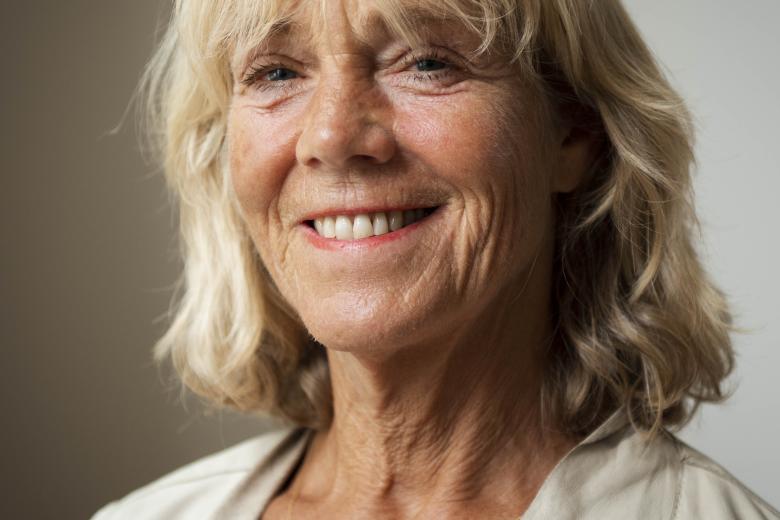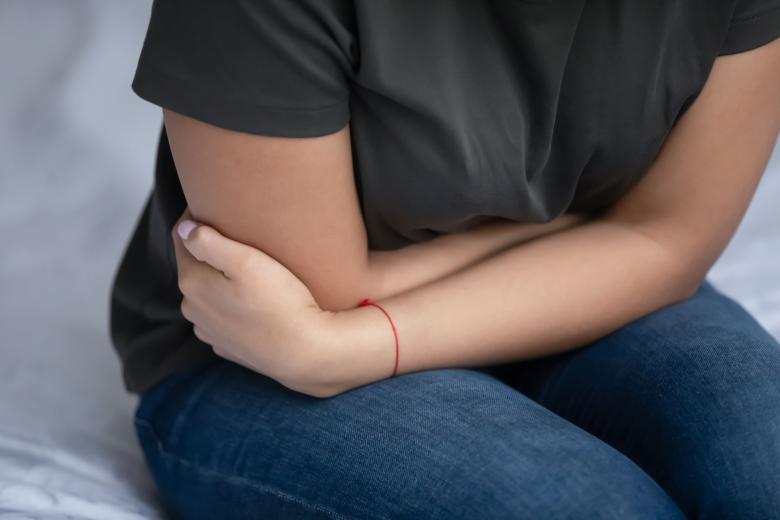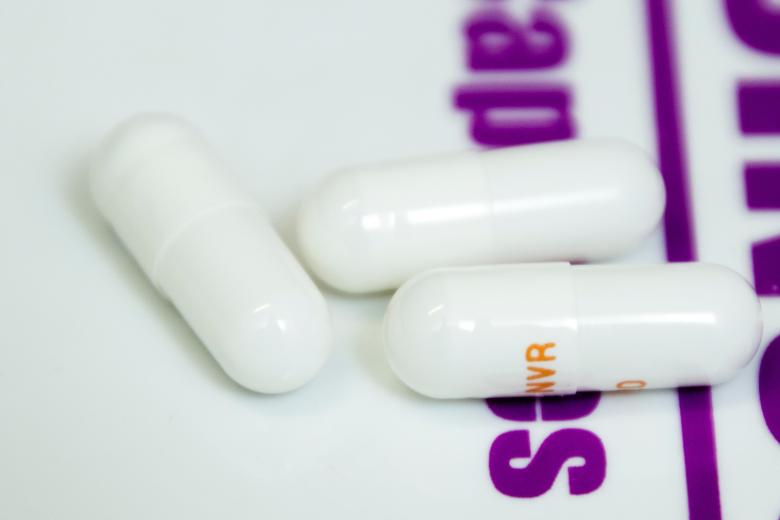Maastricht medical students make a valuable contribution to COVID-19 care
Medical students of Maastricht University have made a valuable contribution to the care for COVID-19 patients during the first coronavirus wave, researchers at Maastricht UMC+ conclude in a recent article in the Journal of Critical Care. At the Maastricht hospital, around 200 students were deployed as gatekeepers and support staff in the Intensive Care Unit, and to assist with remote patient monitoring. Now that patient numbers are on the increase again, medical students could again be deployed to relieve the healthcare workforce.
During the first wave of the coronavirus pandemic, understanding of the new virus was still limited. A lot of regular healthcare was scaled down, medical education was restricted, and internships came to a halt. This prompted Matthijs Bosveld and Daan van Doorn, both fifth-year medical students at Maastricht University, to assess the need for support among staff at Maastricht UMC+.
Relieving healthcare staff
‘Medical students are intrinsically motivated to help people,’ says Van Doorn. ‘That’s why they chose to study medicine. It’s very frustrating to be at home and unable to make a contribution.’ The two students therefore visited various departments at the Maastricht hospital to see whether there were possibilities to relieve the pressure on staff. The treatment and care of patients would of course remain primarily in the hands of doctors and nurses, but it was evident there was plenty of work with which students could assist. Medical students in different years have varying levels of knowledge and skill, but their activities were adjusted accordingly. They also received additional specific training and were taught about the coronavirus.
From gatekeeper to medical scribe
Ultimately, around 200 medical students were deployed at Maastricht UMC+, as gatekeepers during patient and visitor screening at the hospital entrances, for example, or as so-called medical scribes in COVID-19 wards, whereby students assist in charting medical data. This relieves the workload of doctors who have to carry out ward rounds in protective clothing, and would otherwise require a complete change of clothing to complete administrative tasks. Students also supported nursing staff in the Intensive Care Unit by turning patients on respirators and providing other physical care. Moreover, a central observation post was set up in the hospital, where cameras monitoring patients in strict viral isolation were observed by students who could alert nursing staff when necessary.
Second wave
Now that the number of coronavirus infections is again rising and the pressure on hospitals is increasing, medical students could conceivably take up this role again, says Bosveld: ‘Certainly now that the restrictions are being tightened and students may be more likely to be at home again. I can well imagine that there will again be an urgent need for helping hands. Students could be deployed not only in the university medical centres, but also in other hospitals or care institutions. It’s very educational for the students themselves, and they work on improving their own skills – a win-win situation.’
Also read
-
Menstruation is still a taboo in the workplace
In honour of the presentation of the VNVA Els Borst Prize for her oeuvre, Prof Marlies Bongers is organising the symposium "menstruation in RED on the agenda" on 1 October.

-
Repeat miscarriages: does the immune system play a role?
In women trying to conceive, 1-3% experience repeated miscarriages. For more than 50% of these women, a cause for the miscarriages has yet to be found. New research from Maastricht University (UM) and the Maastricht University Medical Centre+ (MUMC+) shows that the immune system’s Natural Killer (NK...

-
New European project aims to think outside the box when it comes to medicine
The European Commission has awarded €23 million to set up a new platform for drug repurposing: the use of existing drugs in diseases other than those for which they were originally developed. In the next seven years UM will develop the platform REPO4EU (precision drug REPurpOsing for Europe)...
